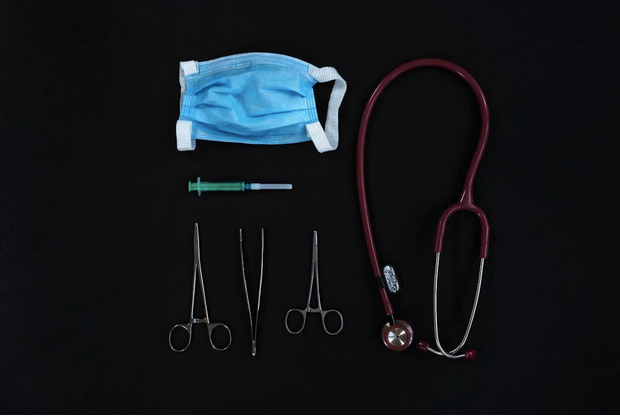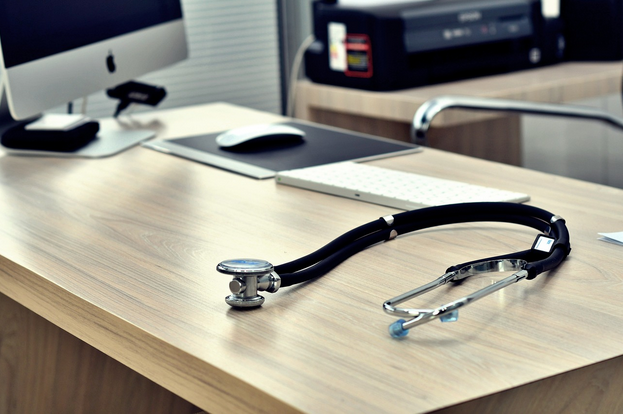Reasons Why People Get Plastic Surgery
Plastic surgery has long transcended its misunderstood past to become a realm where science, art, and personal well-being converge. It's a field that not only corrects and enhances but also restores and empowers individuals. Today, people from all walks of life consider plastic surgery for a myriad of reasons, ranging from reconstructive needs due to accidents or health conditions to cosmetic enhancements that boost self-esteem and confidence. In this blog, we will explore the multifaceted motivations behind why people opt for plastic surgery, shedding light on the psychological, aesthetic, and health-related incentives that lead individuals to pursue these transformative procedures.

Confidence Transformed
One of the most profound impacts of plastic surgery is its ability to transform an individual's confidence. For many, the decision to undergo a cosmetic procedure stems from deep-seated insecurities about certain physical features that they perceive as flaws. Plastic surgeon DR. Forrest P. Wall, MD says that by addressing these concerns, plastic surgery can offer a significant boost in self-esteem, helping individuals feel more confident and comfortable in their skin. This newfound confidence can have a positive ripple effect, leading to improvements in personal relationships, career opportunities, and overall quality of life.
Reversing Signs of Aging
Another primary reason people pursue plastic surgery is to combat the signs of aging. In a society that values youth and vitality, signs of aging can be a source of concern for many. Procedures such as facelifts, eyelid surgeries, and dermal fillers are popular choices for those looking to restore a more youthful appearance. These interventions can help to smooth wrinkles, tighten sagging skin, and restore volume to areas that have become hollow or deflated over time. For many individuals, these procedures offer a way to turn back the clock, not only improving their appearance but also enhancing their self-perception and, consequently, their quality of life.
Restoring Functionality
Beyond the aesthetic benefits, a crucial rationale for opting for plastic surgery lies in its ability to restore functionality to parts of the body that have been affected by accidents, diseases, or congenital defects. This segment of plastic surgery, often referred to as reconstructive surgery, focuses on improving the functionality and appearance of affected body parts.
Procedures like hand surgery, breast reconstruction after mastectomy, or cleft lip and palate repair not only enhance the physical appearance but more importantly, return vital functionality and improve the quality of life for patients.
These interventions can be life-changing, allowing individuals to regain abilities they might have lost, such as using limbs effectively, breathing without obstruction, or speaking clearly. In essence, reconstructive plastic surgery embodies the profound impact medical science can have on an individual's ability to lead a fulfilling and active life.
Cultural and Societal Influences
The decision to undergo plastic surgery is not made in isolation from cultural and societal contexts. Across the globe, differing beauty standards profoundly influence the popularity of certain procedures. For instance, in some cultures, a high nose bridge is coveted, leading to an increased demand for rhinoplasty, whereas in others, fuller lips are a sign of beauty, making lip augmentation more popular.
The rise of social media and the constant exposure to celebrity culture have amplified the desire for aesthetic enhancements. Individuals are more exposed than ever to idealized standards of beauty, which can pressure them to conform to these expectations through plastic surgery.
Additionally, certain societies place a high value on youthfulness, which drives individuals of all ages to seek procedures that promise a younger-looking appearance. This societal norm is not only for individuals seeking to enhance their physical appearance but also for professionals who believe that maintaining a youthful look could offer advantages in a competitive workplace. In this context, plastic surgery becomes a tool not just for personal satisfaction but also for navigating societal pressures and expectations more successfully.

Medical Reasons
Plastic surgery is not solely pursued for aesthetic improvements or societal pressures; an integral part of this field is dedicated to addressing medical concerns that significantly impact an individual's health and functionality. These medical reasons include the correction of breathing difficulties, improvement in vision, and mitigation of chronic pain or discomfort.
For example, rhinoplasty can be performed to correct a deviated septum, significantly improving the patient's ability to breathe normally. Similarly, eyelid surgery, also known as blepharoplasty, can remove excess skin that impairs vision. Breast reduction surgery is often sought by individuals suffering from neck and back pain due to disproportionately large breasts, aiming to alleviate their discomfort and enhance their quality of life.
The motivations behind why people opt for plastic surgery are diverse and multifaceted. From improving confidence and reversing signs of aging to restoring functionality and addressing medical concerns, plastic surgery offers a range of benefits that can positively impact an individual's life. However, it is essential to approach these procedures with careful consideration and realistic expectations, understanding that the decision to undergo plastic surgery should ultimately be driven by personal desires and needs, rather than external pressures or societal norms.